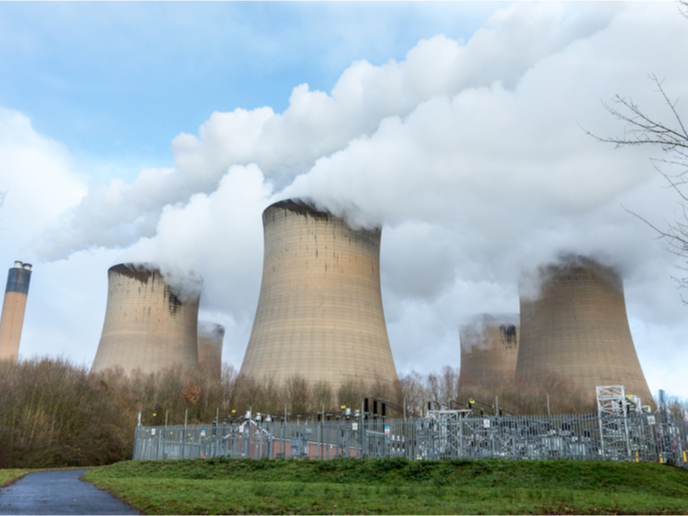Academic censorship when socialism reigned
The EU-funded 'Academic censorship under state socialism: Czech Republic and Hungary' (CZ-HU censorship) project investigated the conditions of academic life and publishing in the social sciences and humanities during the 1970s and 1980s. The project drew on state and Communist Party policy documents, as well as information from academics in those countries at that time that are still considered scholarly authorities today. The main focus was on academic censorship and self-censorship, and analysis of the censorship mechanisms to which authors were exposed. Studies revealed that Czechoslovakia centralised the control of academic research and encouraged ideological loyalty from 1968 to 1989, particularly through the social sciences and humanities. On the ground, many of the interviewed academics perceived that the opposite took place in research institutes and university departments. In contrast, while Hungarian academic institutions had more autonomy, they were also subject to the research priorities set down centrally by the party and the government. Party documents in Hungary stressed economics rather than ideology as the priority in the social sciences. Overall, Czechoslovakia suffered from preventive censorship while Hungary suffered from post-publication censorship. This explains the different 'national' narratives expressed in the interviews: Czechoslovakian researchers emphasised the lack of academic freedom, while the Hungarians talked about its considerable extent. Also, the former related their professional trajectories then to serial oppression, restrictions, threats and fear. This was absent from Hungarian narratives, although interviewees listed cases of expulsions from research institutes, imprisonment in the 1970s, and silencing in the 1980s for academic writing. These phenomena were not recorded among the Czechoslovakian interviewees. Extensive party purges in 1969 and 1970 that resulted in mass silencing and job losses were retributions for political involvement in the Prague Spring rather than for academic writing. The different 'national' narratives have reflected on the present in different ways. Hungarian academics expressed strong criticism of post-state-socialist academic and social development while the then Czechoslovakians characterised the present with relief, liberation, achievement and academic freedom. The latter were rarely critical, except for those who entered academia in the 1970s. Such observations and findings are important in understanding academic publication in these countries today and in furthering research. They also allow academics and researchers from that time to deal with past injustices by exposing a darker recent past and looking at the broader picture.







